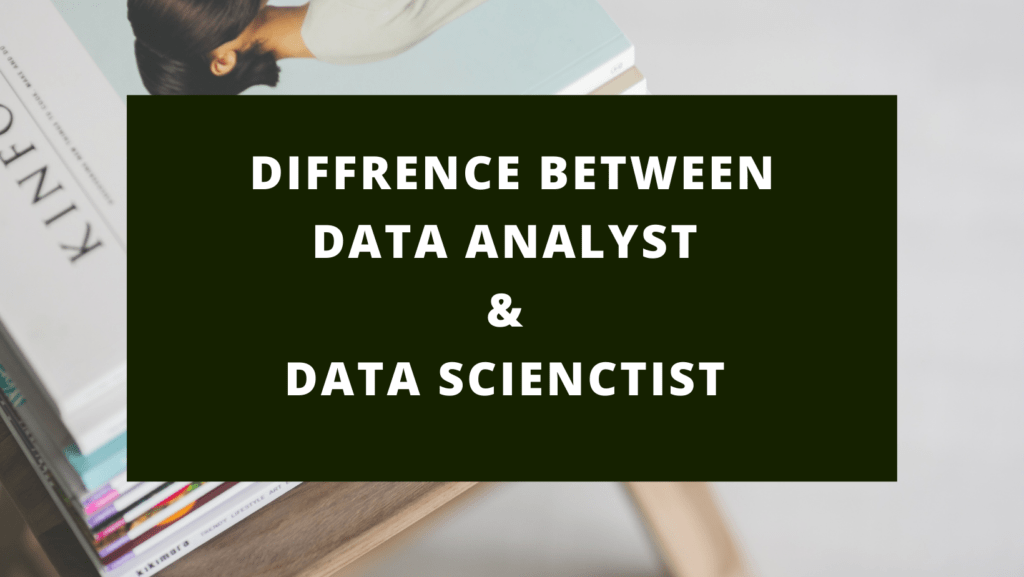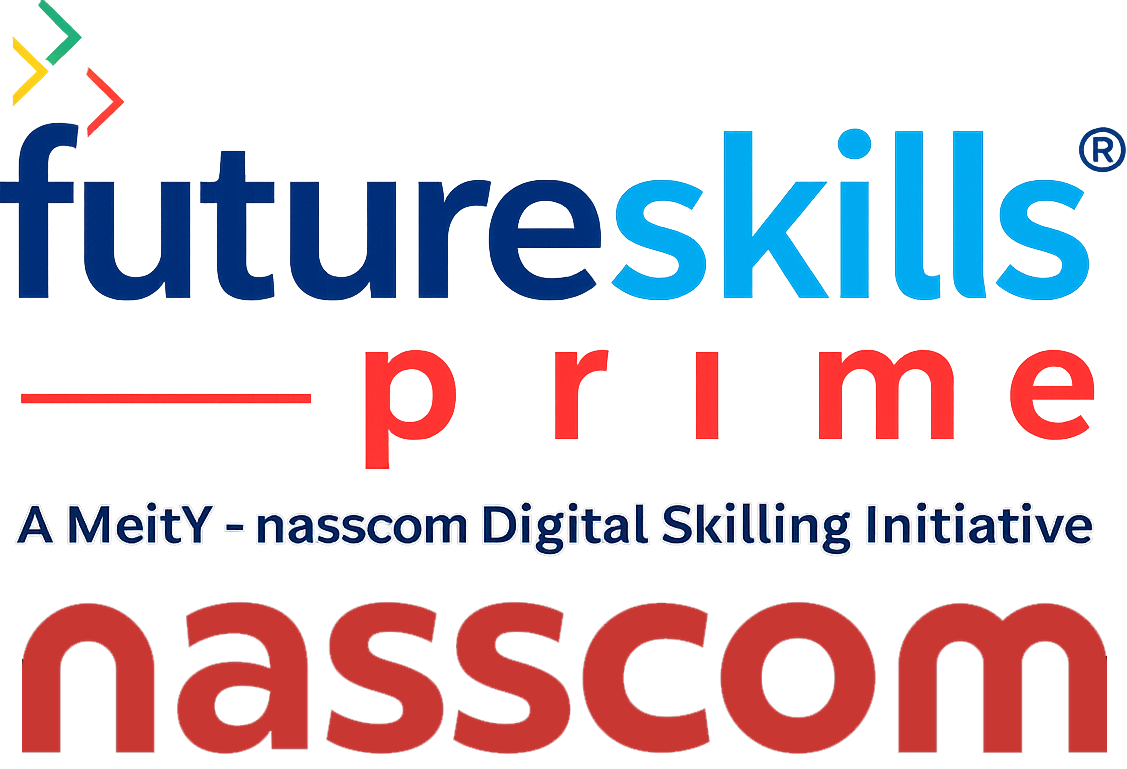Introduction:
It’s no wonder that more and more enthusiasts need to interrupt this new field. But before venturing into data science and analytics with one’s eyes closed, aspirants are properly suggested to tell themselves about available routes first.
Data Analyst and Data Scientist are distinguished examples wherein many appear to consider that a data scientist is simply an exaggerated term for a data analyst.
The goal of this article is to discover a solution to that question of difference. Not only from the perspective of theory but also from the lens of a seasoned expert who’s seen how data teams feature in the real world.
What is a Data Analyst?:
A data analyst collects, cleans, and translates data sets so that you can answer a question or solve a problem. They can work in lots of industries, which include business, finance, criminal justice, science, medicine, and government.
A data analyst is someone who scrutinizes information about the usage of data analysis tools. The significant outcomes they pull from the raw data assist their employers or customers make essential choices through figuring out numerous information and trends.
What is a Data Scientist?:
A data scientist is an expert accountable for collecting, analyzing, and interpreting extremely huge quantities of data. The data scientist role is an offshoot of numerous traditional technical roles, which includes mathematician, scientist, statistician, and computer expert. This job requires the usage of advanced analytics technologies, consisting of machine learning and predictive modeling.
A data scientist requires massive quantities of data to increase hypotheses, make inferences, and examine client and market trends. Basic duties consist of collecting and analyzing data, the use of numerous forms of analytics, and reporting tools to discover patterns, trends, and relationships in data sets.
What does the Data Analyst do?:
Data analysts sift through data and offer reports and visualizations to explain what insights the data is hiding. When anyone enables people from throughout the organization to understand particular queries with charts, they’re filling the data analyst role. In a few ways, you may think about them as junior data scientists, or step one on the way to a data science job.
What does a Data Scientist do?:
At its core, a data scientist’s job is to accumulate and analyze data, garner actionable insights, and share the insights with their company.
Difference between Data Analyst & Data Scientist:
-
Data Analyst vs. Data Scientist- Skills
| Data Analyst Skills | Data Scientist Skills |
| Math & Statistics | Math & Statistics |
| Programming languages like Python, R, SQL, HTML, JavaScript | Programming languages like Python, R, SAS, Matlab, SQL, Pig, Hive, and Scala. |
| Spreadsheet Tools (Excel) | Business Acumen |
| Data Visualization Tools like Tableau | Story-telling and Data Visualization. |
| Distributed Computing frameworks like Hadoop. | |
| Machine Learning Skills |
-
Data Analyst vs. Data Scientist- Responsibilities
| Data Analyst Responsibilities | Data Scientist Responsibilities |
| Writes convention SQL queries to discover answers to complicated business questions. | Become a thought leader at the cost of data by locating new functions or products by unlocking the value of data. |
| Analyze and mine business data to identify correlations and find out patterns from numerous data points. | Data Cleansing and Processing -Clean, Massage and prepare data for analysis. |
| Identify any data quality issues and partialities in data acquisition.. | Identify new business questions that may add value. |
| Implements new metrics for locating out previously not-so-understood parts of the business. | Develop new analytical techniques and machine learning models. |
| Map and trace the data from system to system for solving a given business problem. | Correlate disparate datasets. |
| Coordinates with the engineering team to collect incremental new data. | Conduct causality experiments by applying A/B experiments or epidemiological techniques to identify the basic issues of a determined result. |
Conclusion:
Demand for Data Analysts and Data Scientists is going to boom in the coming years. The coronavirus has significantly changed the way we live our lives and most people now suppose that we’re never going to return to normal; rather, we must get used to what we call the ‘new normal.
The most in-demand roles in future job markets could be Data Analysts and Scientists, AI and Machine Learning Specialists, Robotics Engineers, Software and Application developers as well as Digital Transformation Specialists, etc. with Data Analysts and Scientists main list. Thus, each of the jobs seems to hold outstanding potential, and also you should feel assured about selecting either of the job roles.





